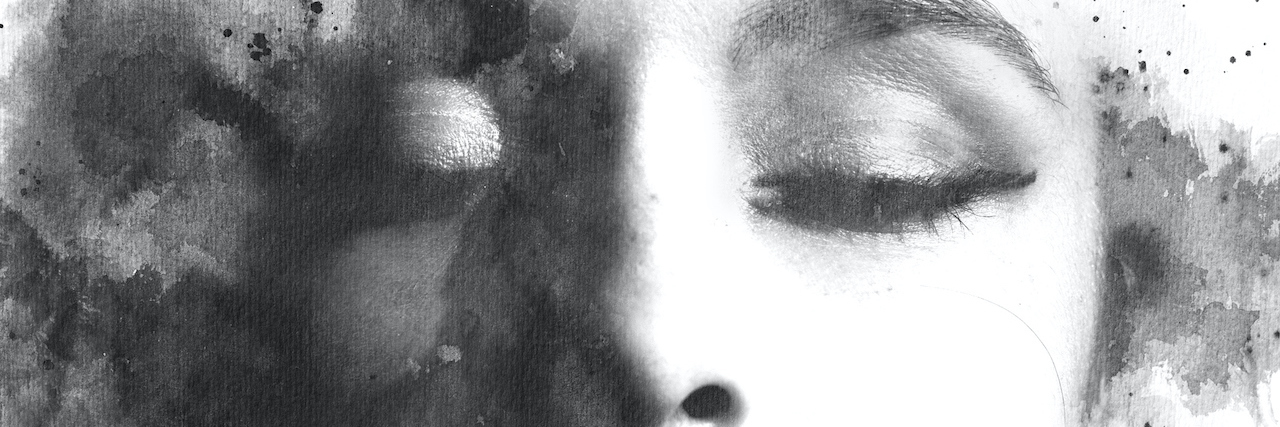For those who struggle with the devastating highs and lows of bipolar disorder, it is truly an illness that can negatively impact the qualify of one’s life. Broadly defined as a disorder where the individual experiences both depression and mania/hypomania, with periods of stability in between, many of the symptoms can be distressing, if not downright damaging to one’s life.
• What is Bipolar disorder?
The symptoms of bipolar disorder are defined by Focus Medica* as:
Manic phase is characterized by:
- Extreme happiness, hopefulness and excitement
- Irritability, anger, fits of rage and hostile behavior
- Restlessness
- Agitation
- Rapid speech
- Poor concentration and judgment
- Increased energy
- Less need for sleep
- Unusually high sex drive
- Setting unrealistic goals
- Paranoia
The depressive phase may include:
- Sadness and crying
- Feelings of hopelessness, worthlessness and guilt
- Loss of energy
- Loss of interest or pleasure in everyday activities
- Trouble concentrating and making decisions
- Irritability
- Need for more sleep or sleeplessness
- Change in appetite
- Weight loss/gain
- Suicidal thoughts and attempts at suicide
While the symptoms above provide a general framework for the disorder, they fall short in articulating how it truly feels to struggle with this illness. Each person struggling is unique and will struggle differently. I’m going to share the three symptoms that are the most distressing for me and provide more detail for those less familiar with this illness.
1. Paranoia/Rage.
Many times I “miss” identifying the triggers of my disorder and I fail to see the “red flags” that tell me I am in the “danger zone.” Often times, it is others that notice my hostile and aggressive attitude. It usually begins with me becoming more upset at social media and more consumed by how I feel others are perceiving me.
In the past, I felt paranoid that others were “out to get me” and that people were talking about me behind me back. This paranoia often lead to rage and even self-loathing. I would become consumed and wrapped up in these thoughts, unable to disengage. As quickly as I would be taken hostage by paranoia and rage, I would, in time, be released from its grip. It was after the episode that I would land, so to speak, and regain clarity. At this time, I would realize that I had just experienced a manic episode once again.
These times are particularly distressing because the change in perception can feel disorienting. There is also the realization that the mania has resulted in perceptual differences causing me to behave irrationally. During these times, I have been told I cannot be reasoned with, nor can I “let go” of what is troubling me. This causes me a lot of friction in relationships, because I compensate well enough to others to come across as not truly sick, but aggressive and openly hostile. This symptom has caused me lost jobs and relationships. And it has also caused a lot of embarrassment and shame.
2. Loss of interest or pleasure everyday activities.
Because my mood shifts are pretty extreme, my depression can cause periods where I not only lose interest, but I feel nearly numb, detached and not part of things. This is the worst part of becoming depressed, because I get to a point where I do not even enjoy the simple pleasures of life, like eating or sex. This becomes so severe that there have been times I do not feel human. Even eating feels like a chore, and I become not only disinterested, but repulsed in ways. I hate feeling this way. I know to persist through it as it does pass in time. But losing pleasure or interest in things feels nearly like losing what makes me human and what allows me to connect to my world and to others. This symptom is terrifying and increases my anxiety.
3. Poor judgment and/or impulsivity.
Far too many times living with this disorder, I have acted irrationally and impulsively, not executing good judgment. This has happened in the workplace when I have quit suddenly with no notice or when I have frequented casinos and gambled recklessly, not having the best control over my impulses or executing good judgment. This is very distressing because if often results in me having to “pick up the pieces” from the damage this causes, financially or in relationships.
Bipolar disorder can be difficult to live with, but recognizing one’s triggers and practicing self-care can help reduce the severity and duration of symptoms. I’ve also learned to practice self-compassion and cultivate self-forgiveness.
I will always struggle to a certain extent as the disorder is chronic and life-long. But having opportunities to express how the disorder impacts my life, helps those around me to understand why I sometimes behave in erratic or irrational ways. I’ve learned in life to build a community of support and limit interactions with those who do not seek to understand the disorder.
I hope going into greater detail of some of these distressing symptoms helps others to open up and discuss their struggle. Together, we can help end the stigma and facilitate a greater awareness of this debilitating illness. Feel free to share your experiences below. Thank you!
*Information about medication on Bing comes from First Databank and other medical websites. Focus Medica provides information about medical conditions, symptoms, tests, and procedures. This information is reviewed by a panel of medical professionals.
Getty image by Victor_Tongdee

